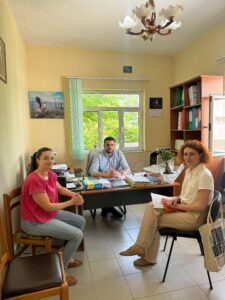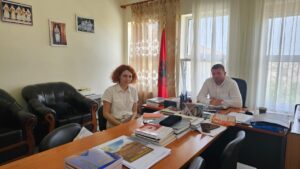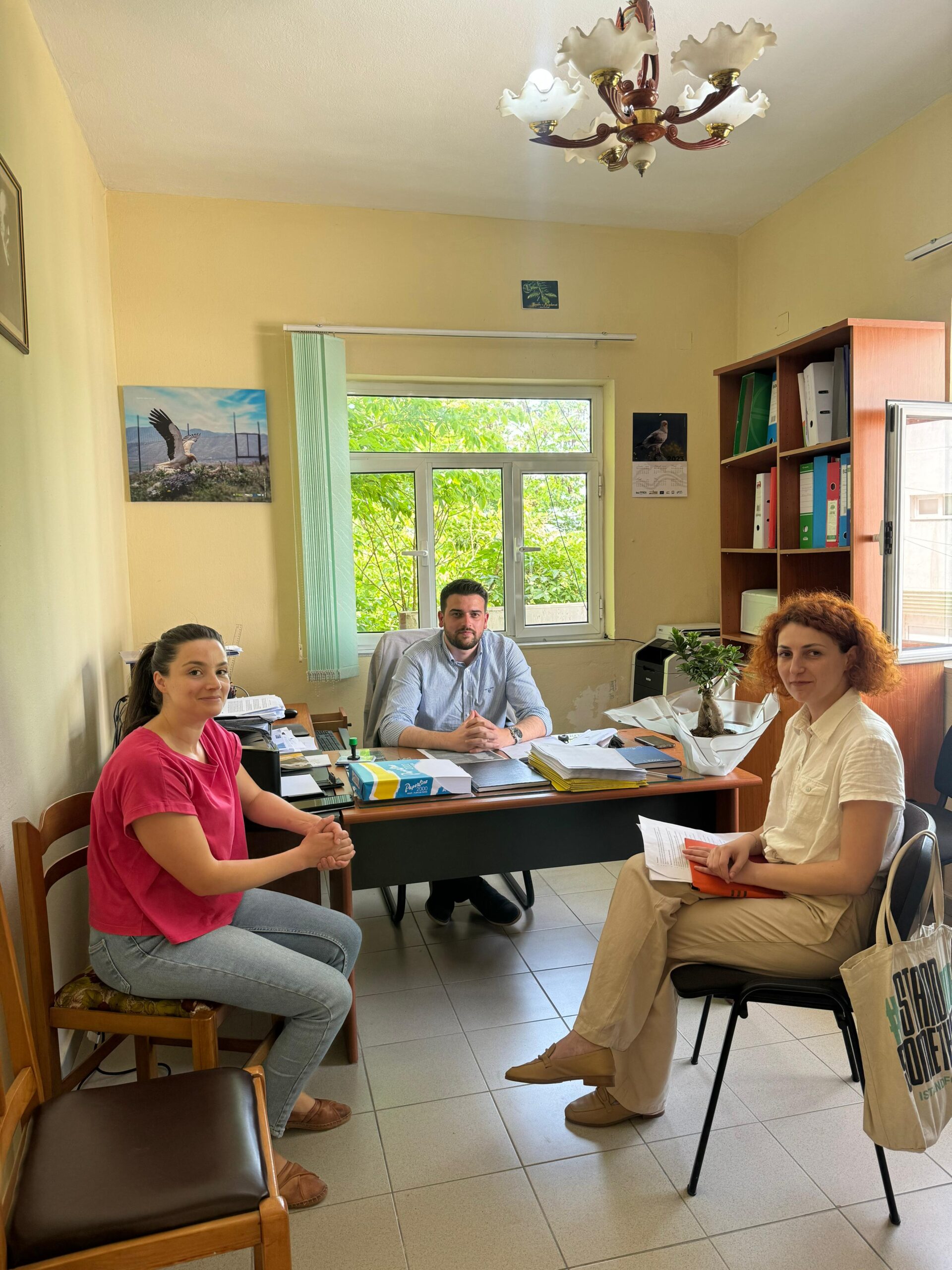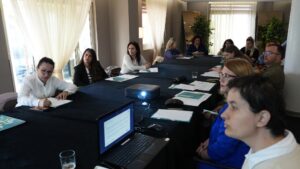Environmental challenges in Gjirokastra and Vlora are both diverse and complex. During recent meetings with local stakeholders, several pressing concerns emerged, including urban waste management, pollution of soil, air, and water, and damage to forests. These challenges are deeply interwoven with the region’s development and require immediate attention.
Urban Waste Management: A Pressing Concern
One of the primary environmental challenges in Gjirokastra and Vlora is urban waste management. The lack of infrastructure for waste separation, collection, and recycling is glaringly evident. This problem is exacerbated in mountainous areas and remote administrative units, where waste management tools are often nonexistent. In addition, the prevalent practice of burning urban waste, along with pastures and agricultural debris, significantly contributes to air pollution in these areas.
Soil and Water Pollution: A Growing Threat
Residents, in their efforts to boost agricultural productivity, frequently use chemical fertilizers. Unfortunately, a lack of expertise in managing these chemicals leads to the pollution of rivers and agricultural land. Specialists warn that improper land management practices are causing erosion and the loss of vital humus layers. Additionally, construction activities on fertile agricultural lands have further reduced the amount of arable land.
River and Sea Pollution: Impact on Biodiversity
Despite the Vjosa River being declared a national park, it and its tributaries, the Drino and Shushica rivers, are suffering from pollution due to waste disposal by local businesses. This pollution is harming the region’s biodiversity, including animal and plant life. The coastal city of Saranda is also facing sea pollution from urban sewage and waste from ships, posing a threat to marine ecosystems.
Forest Degradation: Erosion and Air Pollution
The region’s forests are under significant threat from illegal logging and insufficient reforestation efforts. The Black Forest in Gjirokastra, for instance, has been devastated by acid rain, while Mali Gjerë is being damaged due to the excessive extraction of pine resin and the cutting down of beech trees. Air pollution is another major issue, particularly in Tepelena and Saranda, where industrial activities and phosphorus quarries emit harmful gases. This deforestation and pollution worsen the environmental challenges in Gjirokastra and Vlora, affecting air quality and local habitats.
To tackle these environmental challenges in Gjirokastra and Vlora, local stakeholders have proposed the below recommendations:
- Improving Waste Infrastructure: The construction of waste collection sites and the provision of equipment for their treatment are essential. Encouraging recycling practices according to European standards is an important step.
- Strengthen Environmental Law Enforcement: Authorities must be equipped to monitor and enforce environmental laws effectively, with the power to impose substantial fines on polluters.
- Increase Citizen Awareness and Education: Awareness and education campaigns for environmentally sustainable practices are essential. Integrating environmental education into the school curriculum from the pre-school level.
- Promote Institutional Cooperation: Effective coordination and cooperation between local and central authorities are vital to addressing these environmental issues.
- Invest in Environmental Infrastructure: Prioritize investments in sewage systems, water treatment facilities, and clean energy technologies to mitigate environmental degradation.
Addressing the environmental challenges in Gjirokastra and Vlora requires a concerted effort to enhance the financial and technical capacities of institutions, raise public awareness, and foster collaboration among all stakeholders. The path forward involves a shared commitment to tackling these challenges and ensuring a sustainable future for the region.
By Edisona Xhani










